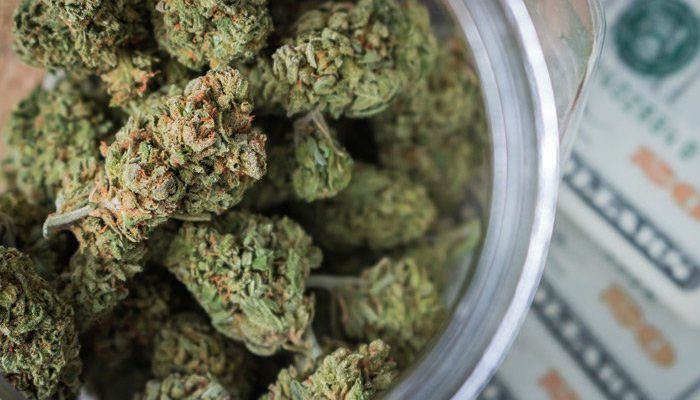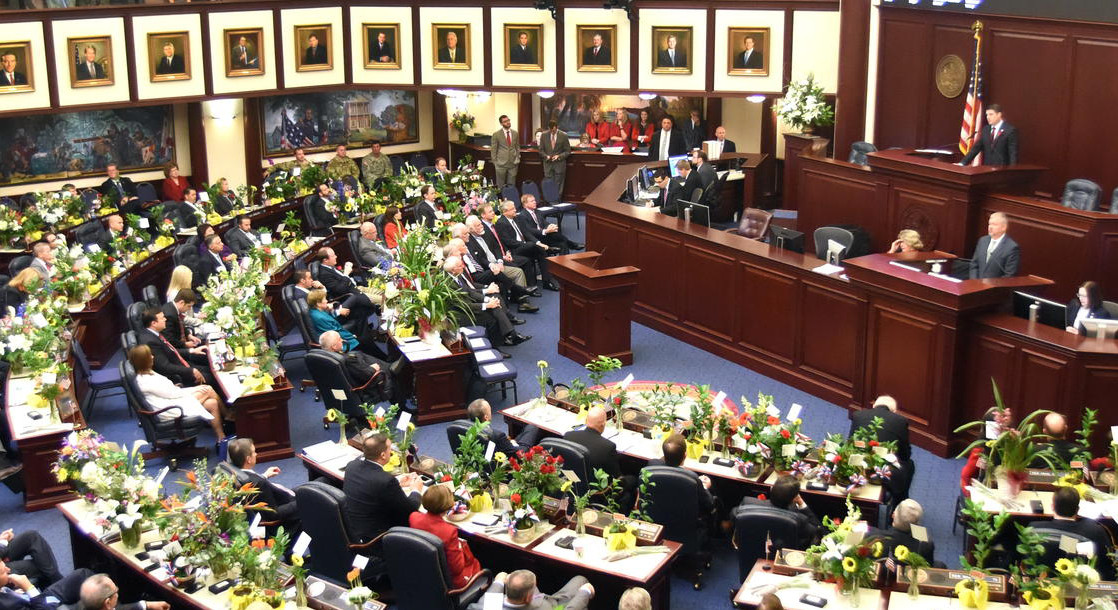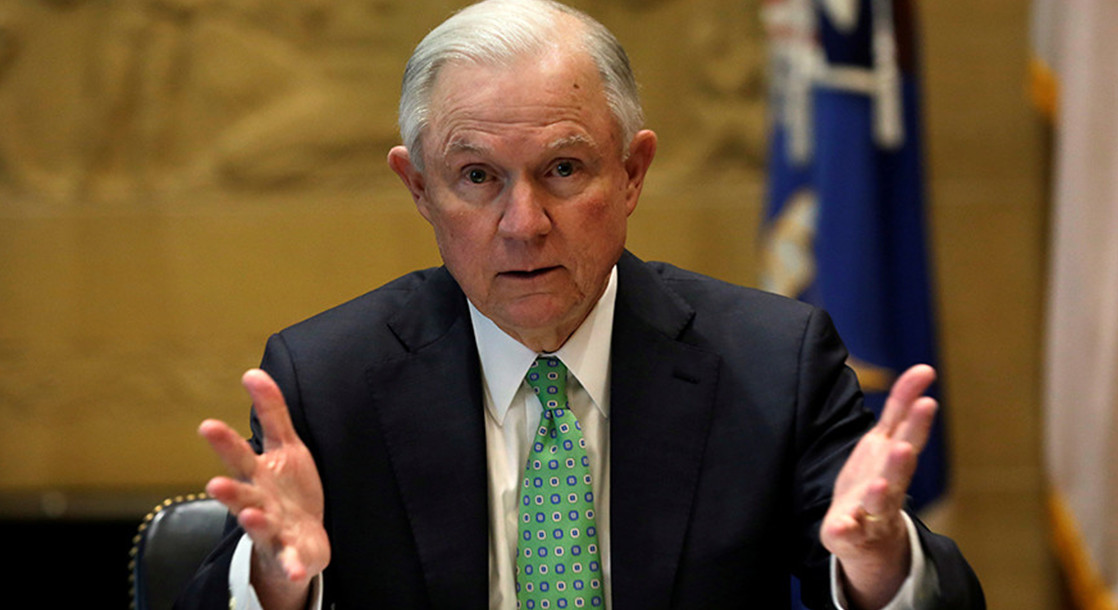Image via
New York’s proposed adult-use cannabis taxes are so damn high that legal retailers may find themselves struggling to compete with cheap, illicit market weed.
The Empire State’s Marijuana Regulation and Taxation Act imposes several separate taxes on cannabis retail sales: a 9 percent sales tax, a local municipal tax, and a potency tax. This latter tax adds half a cent for every milligram of THC present in raw flower, 0.8 cents per mg for concentrates, and three cents per mg for edibles. Combined, these taxes could tally up to 30 percent for flower and 55 percent for edibles.
With these tax rates in effect, an eighth of legal bud could end up costing $70 or more, and edibles will be even more expensive. These high prices will make it difficult for legal New York dispensaries to compete with the black market or legal pot stores in neighboring states. In Massachusetts, for example, the pot tax rate tops out at 20 percent, and an eighth of legal bud can sell for as low as $50. And an eighth of New York’s black market can be as cheap as $35.
“I think that the THC potency tax has all negatives — I think it has no redeeming qualities,” said tax attorney Jason Klimek, co-leader of the Cannabis Team at Barclay Damon, to NY Cannabis Insider.
If these high tax rates make it difficult for New York’s new cannabis businesses to stay afloat, they may be tempted to game the system by faking potency results. The buds at the top of a cannabis plant often contain more THC than those at the bottom, so businesses may deliberately send the lowest-THC buds out for testing in order to save money on the potency tax. Other businesses may go so far as to fake their results, a practice that has already been seen in some states.
New York’s adult-use law includes multiple incentives to help encourage smaller, minority-owned businesses to get involved in the weed industry, but fierce competition will make it harder for smaller companies to survive. In other adult-use states, legal weed prices hit their highest point during the first year of sales, and then continue to drop over time. And since the potency tax will never decrease, falling prices mean that businesses will make less profit as the market matures.
“Really, you’re setting up cultivators to be in a position down the line where they’re not able to eke out a profit, and the ones that will are the biggest ones,” Kaelan Castetter, co-founder of the New York Cannabis Growers and Processors Association and founder of consulting firm Castetter Cannabis Group, told NY Cannabis Insider.
Other industry insiders believe the THC tax could give some businesses an opportunity to innovate, though. Instead of just releasing products that have as much THC as possible, weed producers could focus on creating new items that combine THC with other cannabinoids and terpenes.
“I see this as a tremendous opportunity for people to become educated on the endocannabinoid system,” said Lauren Rudick, co-founder of law firm Hiller, PC’s cannabis law practice, to NY Cannabis Insider. “I think it’s going to spur some really unique product development.”
Federal taxes are another serious issue for the cannabis industry. Although the feds refuse to acknowledge state-legal weed businesses, they still expect these companies to cough up the same taxes that any other business must pay. And to make matters worse, the IRS explicitly forbids any weed company from writing off business deductions, further increasing the cost of doing business. This issue is not unique to New York, though, and will not be resolved unless Congress finally gets around to implementing federal cannabis tax reform.











